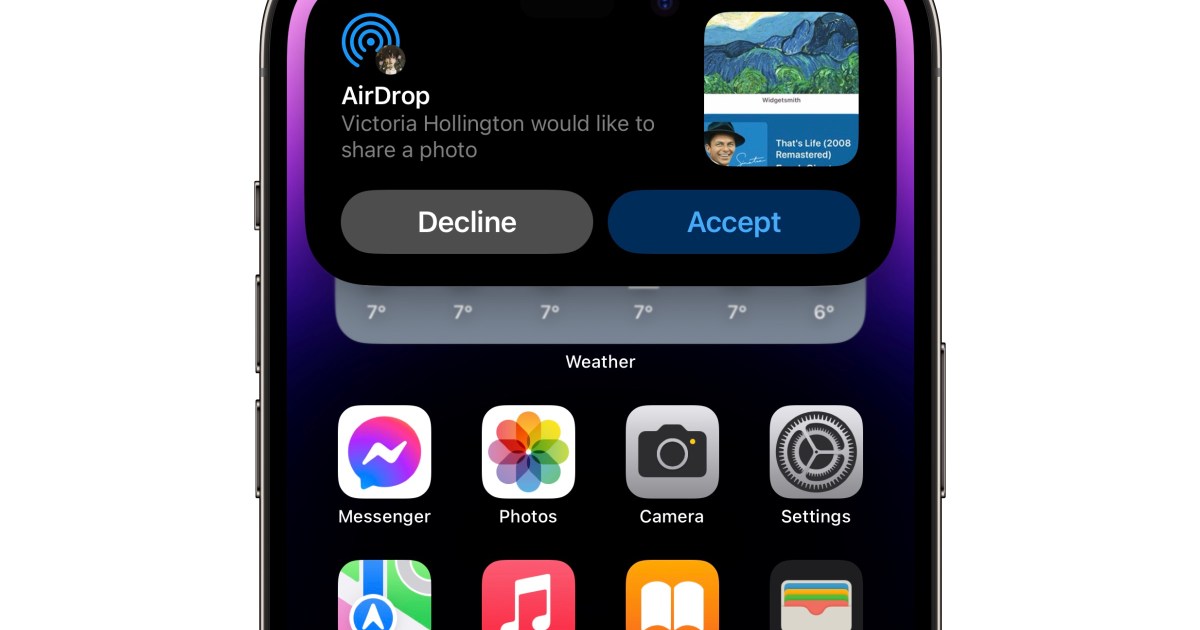AirDrop and AirPlay are popular features that significantly benefit users, but are currently unavailable to non-Apple users. This may change in the future in the European Union (EU), where proposals are being developed that could require Apple to make these features accessible on Android devices.
According to TechRadar, the proposed changes under the Digital Markets Act (DMA) would require Apple to make its exclusive features available to other developers and smartphone manufacturers.
AirDrop is integrated into all Apple devices, allowing users to share files wirelessly with nearby devices. It provides a direct, digital method for transferring files to someone next to you without a cable. AirPlay lets Apple users wirelessly stream audio, video, photos, and other content from their iPhones, iPads, and Macs to various devices, including Apple TV, smart TVs, and wireless speakers.
Please enable Javascript to view this content
The proposed changes focus on APIs, or Application Programming Interfaces, which enable communication between two applications. According to the proposals, EU residents may not need to purchase an iPhone 16 to access the above features.
In recent years, the EU has actively sought to limit Apple’s control over its smartphone ecosystem through the DMA. One significant requirement is that Apple provides users with access to third-party app stores to download apps onto iPhones and iPads. The DMA also requires Apple to allow users to choose their default apps for web browsing, email, and other functions.
Features like AirDrop and AirPlay are often seen as exclusive advantages for Apple users. However, government officials perceive them as anticompetitive. Both sides have valid arguments: on the one hand, Apple aims to keep users within its ecosystem, while on the other hand, officials are concerned about the excessive power held by a single company.
If Apple is required to make these services available to non-Apple developers and smartphone manufacturers, we can only hope that the same security features are maintained. If they are, it’s a win for consumers, regardless of their smartphone type.
Read the full article here














